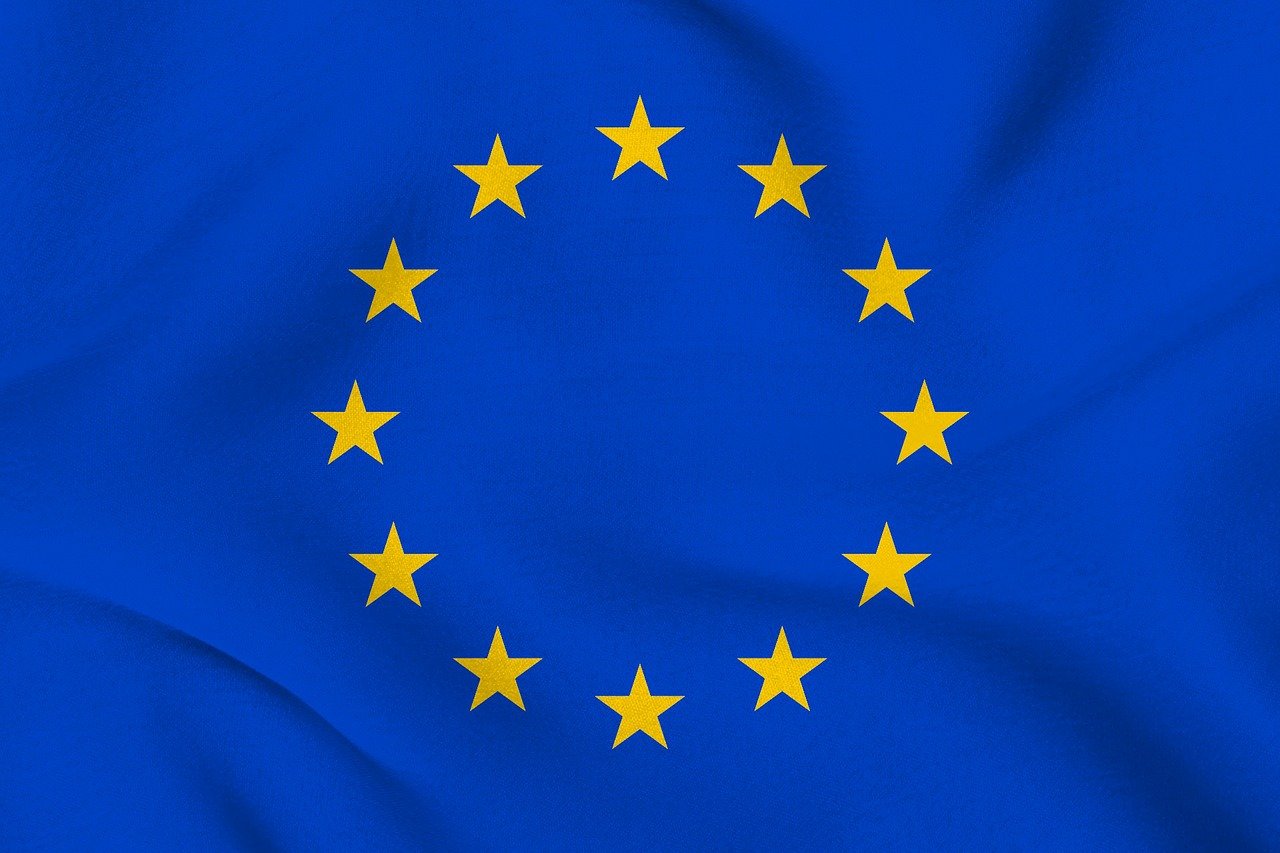New European Governments Face Fiscal Challenges
08.07.2024 6:00 2 min. read Alexander Stefanov Source: https://www.wsj.com/economy/global/crushing-debts-await-europes-new-leaders-c2b31138?mod=economy_lead_story
Source: https://www.wsj.com/economy/global/crushing-debts-await-europes-new-leaders-c2b31138?mod=economy_lead_story
Newly elected European governments face tough financial situations, tasked with implementing change despite limited resources.
Public debt is near multi-decade highs in both France and the U.K., where recent elections have brought new leadership. Government spending and budget deficits remain above pre-pandemic levels, economic growth is sluggish, borrowing costs have risen, and demands on public funds are increasing.
Economists suggest that fiscal restraint—through reduced spending or higher taxes—will be necessary. However, political leaders have not prepared voters for such measures, instead promising bold new spending plans.
In France, the far-right National Rally, expected to gain the most seats in parliament, has proposed tax cuts and reversing the pension age increase, while the left-wing New Popular Front has an even more ambitious agenda, including price freezes and minimum wage hikes, without addressing the deficit. France’s government-bond yields have surged, and Standard & Poor’s downgraded its sovereign debt rating in May.
In the U.K., the Labour Party, with a historic majority, plans to increase spending on public services like the National Health Service, though their proposals remain modest. The Institute for Fiscal Studies criticized major parties for avoiding tough fiscal choices.
Public debt in the U.K. has risen to 104% of GDP, and in France, it has increased to 112% of GDP, according to the International Monetary Fund. Even traditionally fiscally conservative Germany has moved from budget surpluses to deficits, with Chancellor Olaf Scholz’s coalition recently agreeing on a budget that aims to boost economic growth and military spending.
The U.S. faces an even more challenging situation, with public debt at 123% of GDP. Despite this, there is little political pressure to address the deficit, thanks to robust economic growth and the dollar’s reserve status, which makes U.S. bonds more attractive to investors.
Historically, high public debt levels were reduced through strong economic growth and cuts in military spending, but current circumstances make such reductions difficult. Increased public spending on healthcare and pensions due to aging populations will likely rise. This raises concerns that investors might eventually hesitate to buy government bonds.
Prime Minister Giorgia Meloni of Italy has so far avoided investor backlash by moderating spending plans, but the long-term economic impact of populist governments tends to be negative, with higher debt and inflation and lower GDP growth, according to a study by the Kiel Institute for the World Economy.
-
1
U.S. PCE Inflation Rises for First Time Since February, Fed Rate Cut Likely Delayed
27.06.2025 18:00 1 min. read -
2
Key U.S. Economic Events to Watch Next Week
06.07.2025 19:00 2 min. read -
3
Gold Beats U.S. Stock Market Over 25 Years, Even With Dividends Included
13.07.2025 15:00 1 min. read -
4
U.S. Announces Sweeping New Tariffs on 30+ Countries
12.07.2025 16:30 2 min. read -
5
US Inflation Heats Up in June, Fueling Uncertainty Around Fed Cuts
15.07.2025 16:15 2 min. read
US Inflation Heats Up in June, Fueling Uncertainty Around Fed Cuts
U.S. inflation accelerated in June, dealing a potential setback to expectations of imminent Federal Reserve rate cuts.
Gold Beats U.S. Stock Market Over 25 Years, Even With Dividends Included
In a surprising long-term performance shift, gold has officially outpaced the U.S. stock market over the past 25 years—dividends included.
U.S. Announces Sweeping New Tariffs on 30+ Countries
The United States has rolled out a broad set of new import tariffs this week, targeting over 30 countries and economic blocs in a sharp escalation of its trade protection measures, according to list from WatcherGuru.
Key U.S. Economic Events to Watch Next Week
After a week of record-setting gains in U.S. markets, investors are shifting focus to a quieter yet crucial stretch of macroeconomic developments.
-
1
U.S. PCE Inflation Rises for First Time Since February, Fed Rate Cut Likely Delayed
27.06.2025 18:00 1 min. read -
2
Key U.S. Economic Events to Watch Next Week
06.07.2025 19:00 2 min. read -
3
Gold Beats U.S. Stock Market Over 25 Years, Even With Dividends Included
13.07.2025 15:00 1 min. read -
4
U.S. Announces Sweeping New Tariffs on 30+ Countries
12.07.2025 16:30 2 min. read -
5
US Inflation Heats Up in June, Fueling Uncertainty Around Fed Cuts
15.07.2025 16:15 2 min. read



